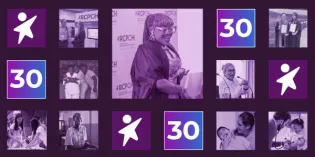Formed in 1986, the BPSU is a activity supported by Public Health England, UCL Institute of Child Health and the Royal College of Paediatrics and Child Health.
The unit aims to:
- facilitate research into uncommon childhood infections and disorders for the advancement of knowledge and to effect practical improvement in prevention, treatment and service planning
- allow paediatricians to participate in surveillance of uncommon disorders and to lessen the burden on reporting doctors of such requests arising from numerous different sources
- increase awareness within the medical profession and public of the less common disorders studied and respond rapidly to public health emergencies
- collaborate with our link surveillance units in the UK and across the world.
Phone: +44 (0)20 7092 6173/74
Email: bpsu@rcpch.ac.uk







